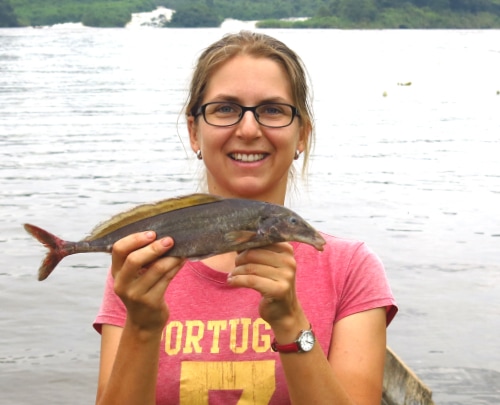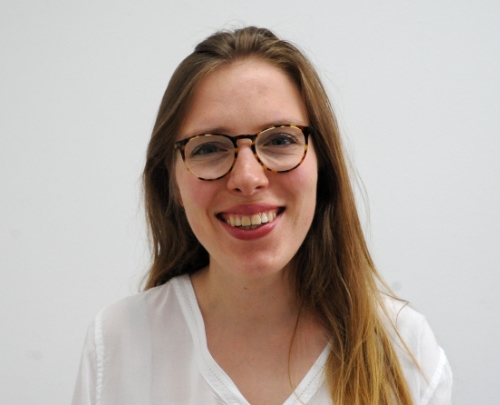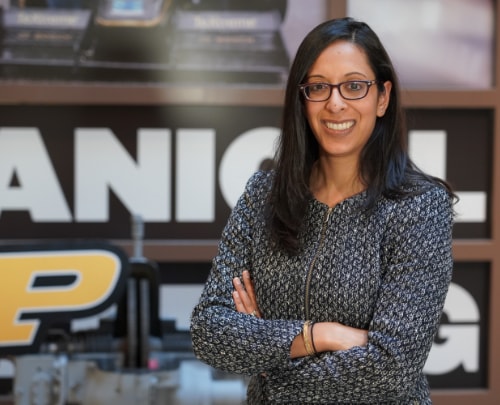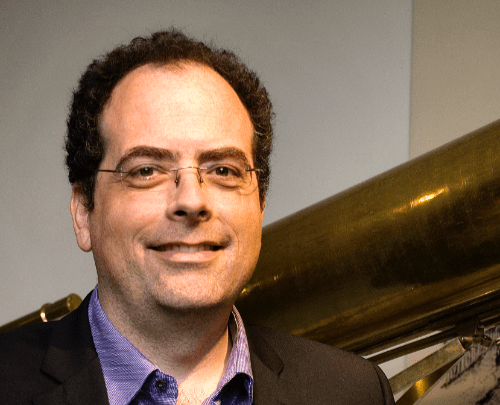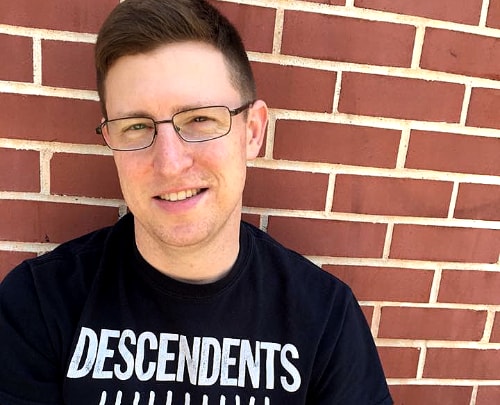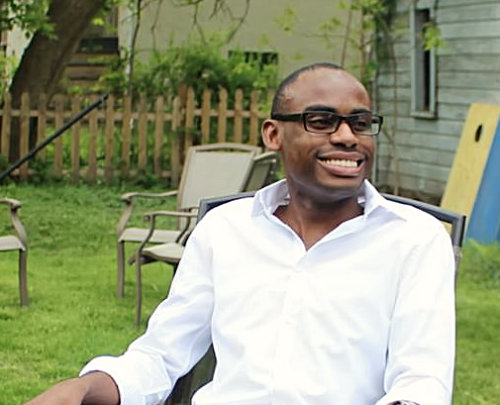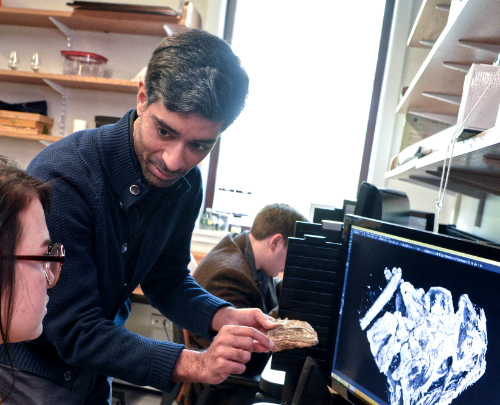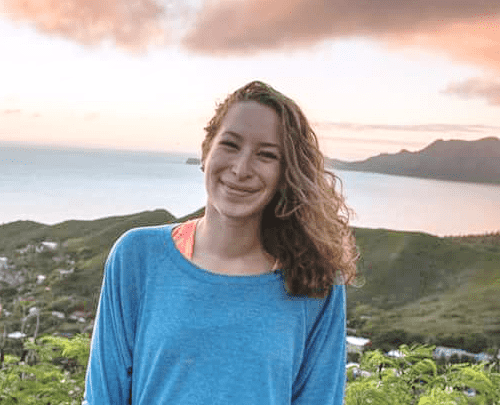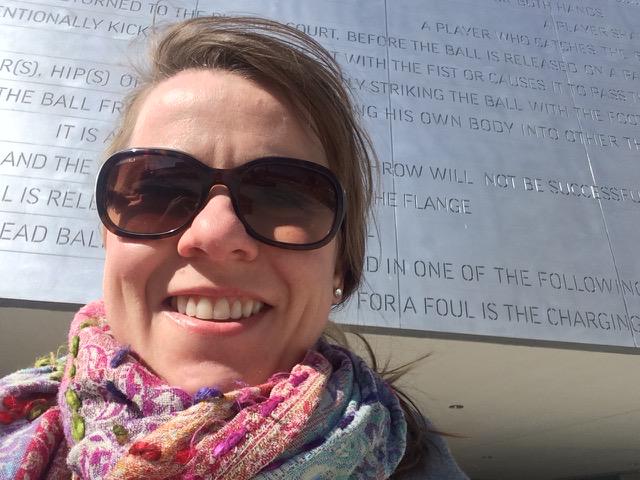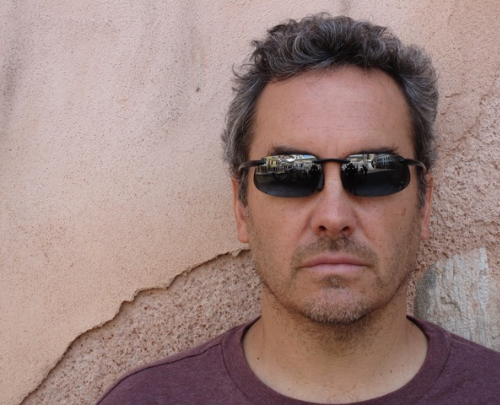6
Aug 2019
How do some fish see color in the black-and-white world of the ocean's depths? In episode 55, Zuzana Musilová, an evolutionary biologist at Charles University in Prague, discusses her research into the unique way that some fish in the deep ocean’s darkness may be able to see in color. Her article ...
16
Apr 2019
Are adolescents' technology use really related to depression, suicide and ADHD, or might it be no worse for kids than eating potatoes? In episode 47, Amy Orben from the University of Oxford discusses her explorations into how researchers' biases can influence their analysis of large datasets. Her ......
2
Apr 2019
Might enabling computational aids to "self-correct" when they’re out of sync with people be a path toward their exhibition of recognizably intelligent behavior? In episode 46, Neera Jain from Purdue University discusses in her experiments into monitoring our trust in AI's abilities so as to drive ...
30
Oct 2018
Almost lost to history, these toys quite literally put quantum mechanics at one’s fingertips. In episode 35, Jean-François Gauvin from Université Laval in Canada discusses how he came to understand the purpose and value of unique toy blocks that ended up on his desk at Harvard University in 2014 a...
16
Oct 2018
Because 98% of the human genome doesn't serve a direct role in gene expression, many biologists have long thought of them as nothing but "junk DNA." But might they hold the key to helping stem the formation of deadly cancers? In episode 34, Mike Feigin from Roswell Park Comprehensive Cancer Center...
7
Aug 2018
No matter whether you think you can or can't, the saying goes, you're right. Neil Lewis, Jr. from Cornell University talks with us in episode 29 about about his research into what differentiates students who experience difficulty in college as signaling its importance from those that make it mean ...
10
Jul 2018
What can prehistory tell us about the origins of modern birds? Bhart-Anjan Bhullar from Yale University talks with us about how the discovery of a 95 million year old Ichthyornis fossil in 2014 revealed some unexpected insights into the minds — and mouths — of today's birds. His article, "Complete...
29
May 2018
Might police shootings of unarmed African Americans have anything to do with state-level structural racism? Anita Knopov from Boston University joins us to talk about her study "The Relationship Between Structural Racism and Black-White Disparities in Fatal Police Shootings at the State Level," pu...
6
Feb 2018
Niki den Nieuwenboer from the University of Kansas' School of Business talks with us about her research on how middle-managers can manipulate organizational structures to coerce their staff into unethical behaviors to inflate both of their apparent performance. Her paper, "Middle Managers and Cor...
9
Jan 2018
In episode 14 we talk with Rafael Núñez from the University of California San Diego about his research into if human understanding of number has developed through biological evolution, or through the evolution of language and culture. His article, "Is There Really an Evolved Capacity for Number?,"...

